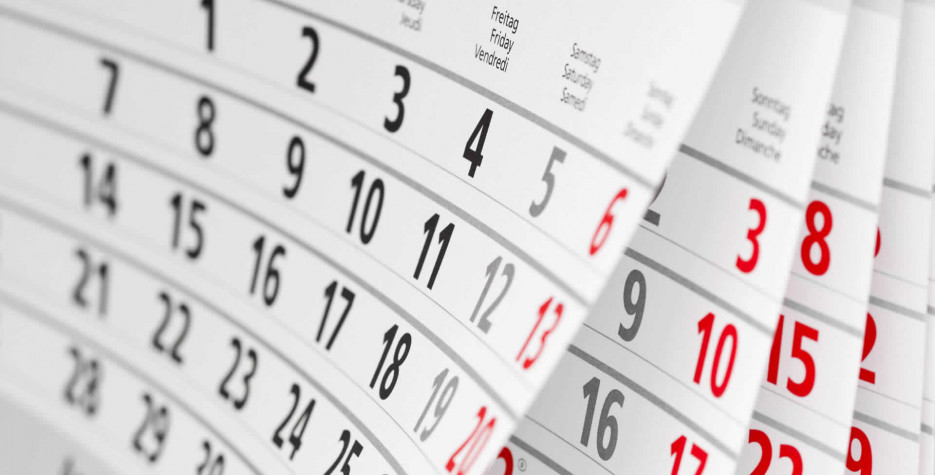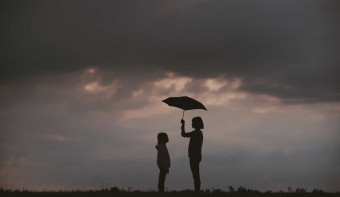About National Reconciliation Day
National Reconciliation Day is observed in the United States on April 2nd each year. It is a day dedicated to promoting harmony and understanding among people of all races, religions, and cultures. The day is an opportunity to recognize the need for reconciliation in our society and to take steps toward healing and unity.
The history of the United States is marked by deep divisions and conflicts, particularly around issues of race and ethnicity. National Reconciliation Day is an opportunity to acknowledge these divisions and work toward building bridges between communities.
One way to observe National Reconciliation Day is to engage in open and honest conversations with people from different backgrounds. This can be a powerful way to break down barriers and build understanding between individuals and communities. It's an opportunity to listen to different perspectives and to learn from one another.
Another way to observe National Reconciliation Day is to participate in community events that promote unity and understanding. Many organizations and community groups organize events on this day to promote reconciliation and encourage people to come together. These events can include cultural festivals, concerts, and panel discussions.
National Reconciliation Day is also an opportunity to reflect on the ways in which we can contribute to creating a more just and equitable society. This may involve acknowledging past injustices and working to address their ongoing impact, as well as advocating for policies and practices that promote equality and inclusion.
In recent years, National Reconciliation Day has taken on added significance as the United States has grappled with issues of racial injustice and inequality. The day serves as a reminder of the ongoing work needed to build a more just and equitable society, and of the importance of taking concrete steps to address the legacy of past injustices.
In conclusion, National Reconciliation Day is a day to promote unity, understanding, and reconciliation among people of all backgrounds. It is an opportunity to engage in open and honest conversations, participate in community events, and reflect on the ways in which we can contribute to creating a more just and equitable society. By working together to build bridges between communities and address issues of injustice and inequality, we can move toward a brighter and more inclusive future.
Similar Observances
Other Observances on April 2nd 2026
Passover Begins ✡️
Read More
National Burrito Day 🌯
Read More










